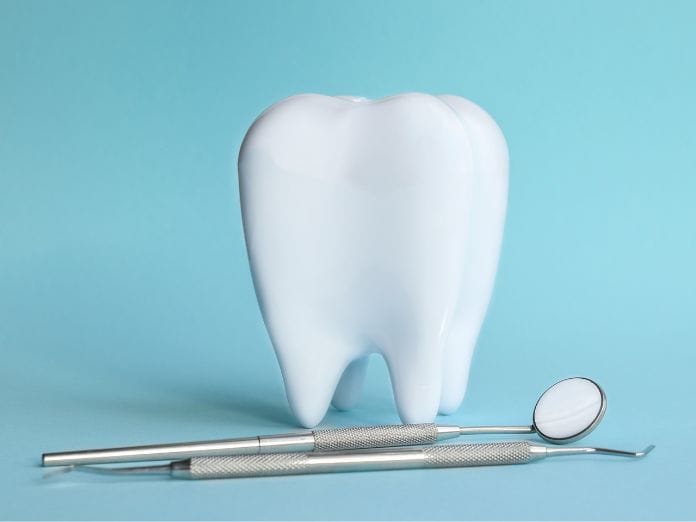Oral surgery can be a daunting experience, especially if you’ve never had it before. But the steps you take following your procedure are just as important as the surgery itself. Knowing what to do after oral surgery can ensure a fast and successful recovery. Here are some of the most important steps to take after oral surgery that will ensure you get back to normal as soon as possible.
Get Plenty of Rest
It’s normal for your body to need time to heal after any surgery, oral included. Make sure to get plenty of rest during your recovery period—try to sleep for at least eight hours each night and avoid doing any strenuous activities until your doctor gives you the go-ahead. The more you rest after the surgery, the sooner you can get back to doing your normal activities.
Take Medication As Prescribed
Your doctor will likely prescribe medication for you so that you can manage any pain or discomfort resulting from your procedure. Be sure to take all of your medication as prescribed by your doctor—you should also avoid taking any medications not prescribed to you, as they may interfere with your recovery process. Additionally, even if you don’t feel any pain, make sure to continue taking your medication according to your doctor’s orders—this will help prevent any unnecessary inflammation or infection in the affected area.
Eat Appropriate Foods
You may want to stick with soft foods while you’re recovering from oral surgery. Foods such as mashed potatoes, oatmeal, scrambled eggs, applesauce, soups, and other soft foods that won’t require too much chewing are ideal. Try avoiding hard and crunchy foods like chips and raw vegetables until your mouth has completely healed. Smoothies are an excellent way to get lots of nutrients quickly, but you should avoid small and hard ingredients, like chia seeds, that could irritate your wounds.
Inspect Surgery Sites Regularly
There’s always some amount of risk of infection or other complications when it comes to oral surgery, so a crucial step of recovery is to inspect your surgical site every now and then. Signs of a failing bone graft or rejecting implant are fairly easy to spot. Excessive bleeding, discoloration, and persistent pain are all things you should mention to your dentist sooner rather than later to make sure that nothing has gone wrong during recovery.
Recovering from oral surgery can be challenging, but following these steps can speed up the recovery process and ensure that everything goes smoothly. With proper care and attention after an oral surgery procedure, you’ll find that the recovery period goes by quickly.






